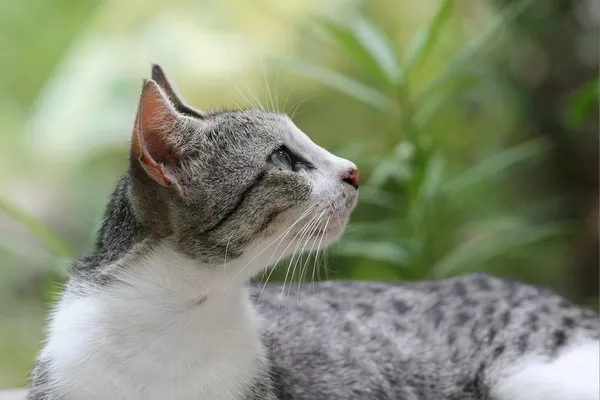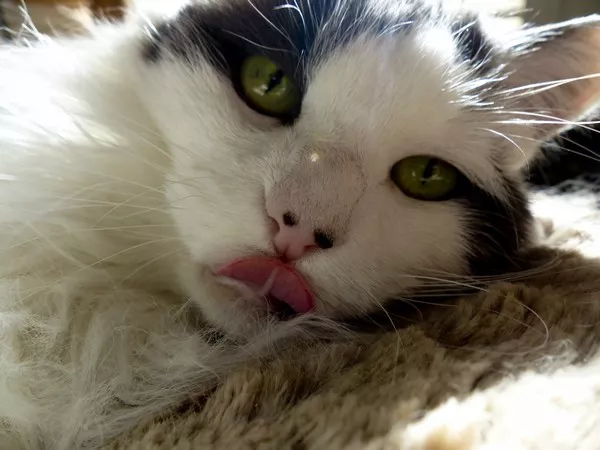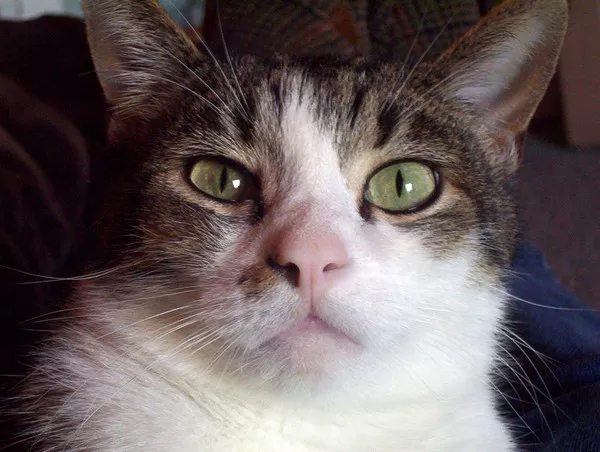Cat pregnancy, also known as feline gestation, is a fascinating and pivotal period in the life of a cat and her owner. Understanding the length of cat pregnancy, along with the various stages and milestones involved, is essential for providing appropriate care and support to both the mother cat and her developing kittens. In this comprehensive guide, we delve into all aspects of cat pregnancy length, covering topics such as gestation duration, signs of pregnancy, prenatal care, and birth preparation. Whether you’re a seasoned cat owner or a first-time feline parent, this article provides valuable insights and practical advice to ensure a smooth and successful pregnancy journey for your beloved pet.
The Duration of Cat Pregnancy:
Unlike some other mammals, such as humans or dogs, cat pregnancies are relatively short in duration. On average, a cat’s pregnancy lasts approximately 63 to 65 days, or around nine weeks, from conception to birth. However, it’s important to note that the exact length of gestation can vary depending on various factors, including the cat’s breed, age, health status, and individual characteristics. Additionally, the timing of conception, which may occur over the course of several days during the cat’s heat cycle, can influence the precise duration of pregnancy.
Stages of Cat Pregnancy:
Cat pregnancy can be divided into several distinct stages, each marked by specific physiological and behavioral changes in the mother cat. Understanding these stages can help pet owners track the progress of the pregnancy and provide appropriate care and support as needed. The stages of cat pregnancy include:
Early Pregnancy: During the first few weeks of pregnancy, the mother cat may exhibit subtle signs of gestation, such as increased appetite, mild weight gain, and behavioral changes. However, these symptoms may be easily overlooked, and pregnancy may not be visibly apparent until later stages.
Mid-Pregnancy: As the pregnancy progresses, the mother cat’s abdomen will begin to visibly enlarge as the kittens develop and grow. By the midpoint of gestation, typically around four to five weeks, the veterinarian may be able to confirm the pregnancy through physical examination or diagnostic testing.
Late Pregnancy: During the final weeks of pregnancy, the mother cat’s abdomen will continue to expand, and the kittens will become more active within the womb. As the due date approaches, the mother cat may seek out nesting areas and exhibit nesting behaviors, such as kneading bedding or seeking seclusion.
Pre-Labor: In the days leading up to labor, the mother cat may display signs of restlessness, pacing, and increased vocalization. These behavioral changes indicate that labor is imminent, and preparations should be made to provide a comfortable birthing environment for the mother and her kittens.
Signs of Cat Pregnancy:
Identifying the signs of cat pregnancy early on can help pet owners provide timely care and support to the mother cat and her developing kittens. While some signs may be subtle or easily overlooked, others are more noticeable and indicative of pregnancy. Common signs of cat pregnancy include:
Changes in Appetite: Pregnant cats may experience fluctuations in appetite, with some cats exhibiting increased hunger, while others may lose interest in food altogether.
Abdominal Enlargement: As the pregnancy progresses, the mother cat’s abdomen will gradually enlarge due to the growing kittens.
Nipple Changes: The nipples of a pregnant cat may become more prominent and enlarged, and the surrounding area may darken in color.
Behavioral Changes: Pregnant cats may display changes in behavior, such as increased affection, nesting behaviors, or seeking seclusion.
Veterinary Examination: A veterinarian can confirm cat pregnancy through physical examination, ultrasound imaging, or hormone testing.
Prenatal Care for Pregnant Cats:
Providing proper prenatal care is essential for ensuring the health and well-being of both the mother cat and her developing kittens. Pet owners can support their pregnant cats by implementing the following prenatal care measures:
Veterinary Check-Ups: Schedule regular veterinary check-ups throughout the pregnancy to monitor the mother cat’s health and the progress of the pregnancy. The veterinarian can provide guidance on nutrition, parasite control, and other aspects of prenatal care.
Balanced Nutrition: Feed the mother cat a high-quality, balanced diet formulated for pregnant and nursing cats. Ensure that she has access to fresh water at all times and monitor her food intake to prevent excessive weight gain or loss.
Parasite Control: Administer parasite preventatives, such as flea and deworming treatments, as recommended by the veterinarian. Parasite infestations can pose health risks to both the mother cat and her kittens.
Environmental Enrichment: Create a safe and comfortable environment for the mother cat to nest and give birth. Provide a quiet, secluded area with soft bedding where she can rest and care for her kittens after birth.
Preparing for Birth:
As the due date approaches, it’s essential to prepare for the birth of the kittens and provide the mother cat with a supportive birthing environment. Some steps to take in preparation for birth include:
Set Up a Birthing Box: Prepare a clean, quiet, and comfortable birthing box for the mother cat to give birth in. Line the box with soft bedding, such as towels or blankets, and place it in a warm, draft-free location away from noise and disturbances.
Monitor the Mother Cat: Keep a close eye on the mother cat in the days leading up to labor and watch for signs of impending birth, such as nesting behaviors, restlessness, and vocalization.
Emergency Preparedness: Have a plan in place for emergencies, such as complications during labor or the need for veterinary assistance. Keep the contact information for an emergency veterinarian readily available and familiarize yourself with the signs of labor complications, such as prolonged labor or difficulty delivering kittens.
See Also: How Pregnancy and Your New Baby Affect Your Cat
Conclusion:
Cat pregnancy is a unique and rewarding experience that requires careful attention and preparation from pet owners. By understanding the length of cat pregnancy, the various stages and signs of gestation, and the importance of prenatal care and birth preparation, pet owners can provide the necessary support and care to ensure a healthy and successful pregnancy journey for their beloved feline companions. With proper guidance and veterinary oversight, cat owners can navigate the challenges of cat pregnancy with confidence and create a safe and nurturing environment for their pregnant cats and their future kittens.



























